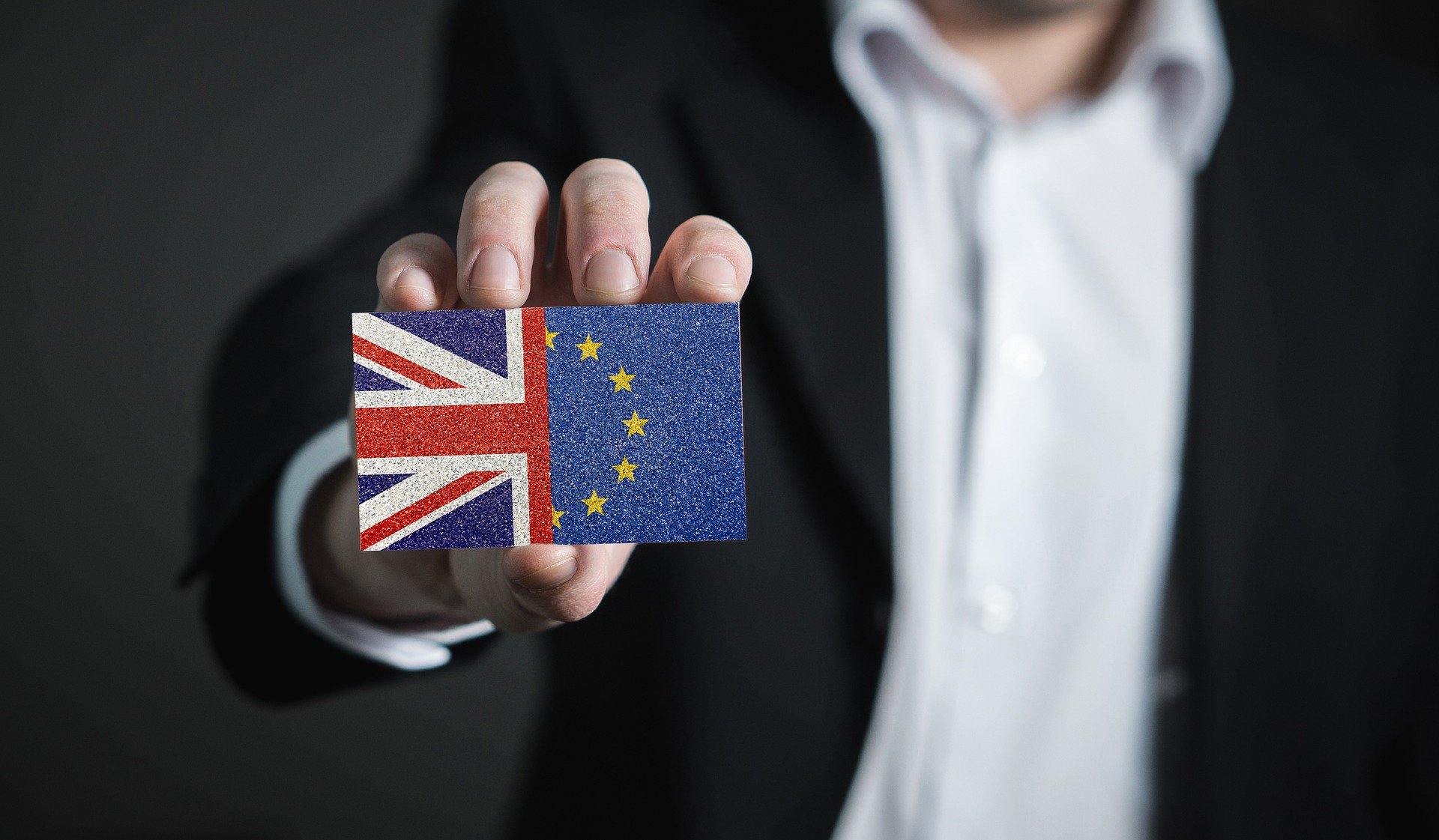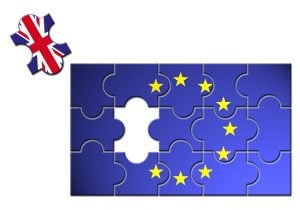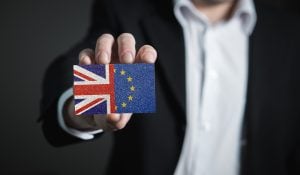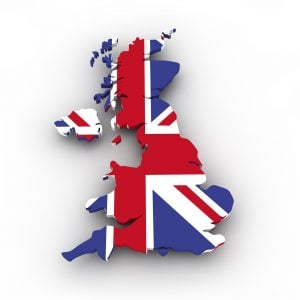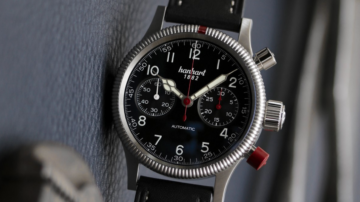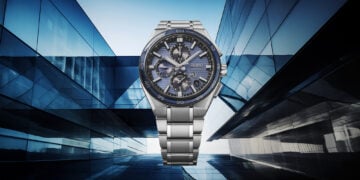It’s practically impossible to switch on the TV or go on Facebook without seeing news stories about Brexit. Whether leave or remain, it’s one of those subjects that everyone has a strong opinion on. Chances are that just mentioning Brexit is bound to bring about a pretty lively debate!
One of the industries which will have a huge interest in the Brexit deal is the luxury watch industry. Many of the biggest luxury watches manufacturers come from EU countries or countries who form part of the European Economic Area. It’s also possible that British watch manufacturers may be hoping that they might have an opening in the market to satisfy the needs of British watch lovers.
The UK is set to leave the European Union at 11AM on Friday the 29th of March. So with just a couple of months left to go we’ll have a look at what the future may hold for watches after Brexit takes place.
European Watches After Brexit
The future for European watches after Brexit all depends on the kind of deal that the UK leave on. It’s likely that European manufacturers selling a lot of watches in Britain will be concerned that there is just over 2 months to go and they still don’t know the terms of Britain’s leaving agreement. It’s going to be very difficult for companies in the EU to make plans to sell watches in the UK when they still don’t know how they will be able to sell to the UK come the end of March.
If the UK leaves with no deal then then some political leaders have suggested we may start to trade on WTO (World Trade Organisation) terms. If this does happen there is a chance that European watches will become subject to tariffs. This could increase the price of luxury European watches for UK buyers. Of course, European watch makers would hope to avoid this happening almost as much as UK watch lovers! There are no guarantees as to what the terms of WTO trade would be, however, there is a possibility that the UK may choose to completely free trade across the world. The government is currently making plans for the kind of terms we would trade on in a “no deal” scenario. Which route the UK chooses to take will be made public if we end up heading towards leaving without a deal.
If the UK leaves with a deal similar to the one which was debated in parliament this week then things are a bit more simple. Nothing would really change with the UK’s trading terms during a temporary transition period, during which a future trading agreement would be negotiated. This will allow European watchmakers to continue to benefit from free trade with the UK until a new deal begins. In the current agreement the temporary arrangement could be extended, meaning that things may not change for a good number of years. Nobody knows what the deal would be after the transition period is over, but the hope would be for some kind of free trade agreement. However, it is possible that any such deal may only include access to certain areas of the EU – similar to the deal which Switzerland currently has which only covers free trade for certain goods and services.
Another possibility is that the UK remains in the “customs union” which would allow continued free trade with countries in the European Union. This deal would mean that nothing would change in terms of the UK’s current trade with the EU and would be favoured by most European watch manufacturers. This is possibly the most unlikely outcome at the moment at the moment as it has been ruled out by the current government.
What About Switzerland?
Most people might not think that Brexit would have too much of an impact on Swiss watch manufacturers, considering they have never been in the EU. However, Swiss trade with the UK is tied completely to the treaties that Switzerland have with the European Union. This causes real concerns for Swiss industries, like the watch industry and especially their machine tools sector who do a lot of trade with the UK.
While Switzerland can, in theory, negotiate their own trade deal with the UK – they cannot do so until the Brexit takes place. If the UK leave with a transitional deal or by remaining in a customs union everything is OK. If not, trade with Switzerland would change considerably on the 29th of March until some kind of trade deal is negotiated. This is a big problem for Switzerland as a whole because the UK is their fifth biggest overseas market.
For the watch industry, reaction has been mixed, just prior to the vote Bulgari CEO Jean-Christophe Babin was positive about the impact for the brand. The pound had dropped in value due to the uncertainty, which led to higher than usual tourist sales of Swiss watches in the UK. Unfortunately, a weaker pound isn’t good news in the long run as tourist sales make up only a small amount of Swiss watch sales in the UK. If prices go up for European watches after Brexit (either due to tariffs or due to a weaker pound) then Swiss watch manufacturers may find that their sales in the UK start to decline. And that’s not good news!
What About Watches From Outside the EU
A British exit from the European Union could be great news for watch manufacturers from Japan, China and the United States. Swiss luxury watches often dominate watch sales in the UK but depending on the sort of deal the UK leaves the EU on, this could shift quite quickly.
When the UK looks at trade deals outside of the EU, it’s likely that China and the United States could come up very high on the list. While Chinese luxury watches are not very popular in the UK at the moment, there’s a possibility this could change. Watchmakers like FITYA could benefit in a big way from a trade deal between the UK and China, especially if European watches were subject to tariffs.
What About British Watches?
While things might not look good for European watches after Brexit in some scenarios, British watch manufacturers might see this as a great opportunity. If European watches increase in price or become harder to import, British manufacturers might become a more attractive proposition for consumers. While the most discerning watch lovers might not be convinced to move away from luxury European brands, some might be happy to make the switch.
A weaker pound may also open up opportunities for British brands to take advantage and improve their exports abroad. Unfortunately, despite a rich history of watchmaking in Britain, the reputation of British watches isn’t quite up there with the best. But potentially lower prices for consumers abroad could help start to get British manufacturers out there building up their own brand.
Nobody quite knows what these next few months are going to bring, but there’s no doubt that watchmakers throughout Europe (along with almost everybody else!) will be keeping a close eye on Brexit. And they’ll almost certainly be keeping their fingers crossed that whatever happens next is going to be good for sales of luxury watches after Brexit.

